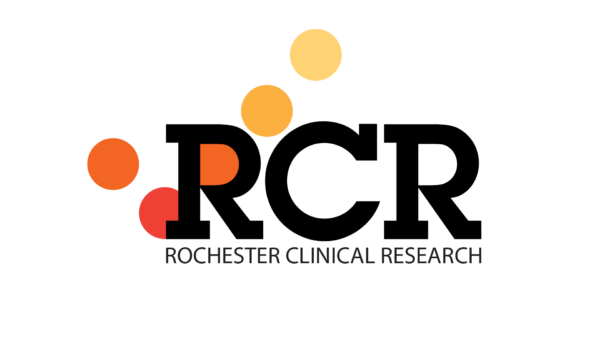Genital Herpes: Symptoms, Treatment & a New Clinical Trial in Rochester

Receiving a diagnosis of genital herpes can feel overwhelming. But if you or someone you know is living with recurrent herpes outbreaks, you’re not alone. And more importantly, you have options.
At Rochester Clinical Research, we’re committed to helping patients explore the latest in preventive treatments and clinical research opportunities. One of our newest studies may offer an opportunity to take a proactive step in managing this condition.
What Is Genital Herpes?
Genital herpes is a common sexually transmitted infection (STI) caused by the herpes simplex virus (HSV).
While HSV-2 is the most common type, HSV-1 can also cause genital infections. Once contracted, the virus stays in the body for life.
Some people experience no symptoms. Others have recurring outbreaks that may include:
- Painful sores or blisters in the genital area
- Itching or tingling sensations before an outbreak
- Flu-like symptoms during initial infection
Though there is no cure for herpes, there are ways to manage and reduce outbreaks, prevent transmission, and improve quality of life.
How to Manage Genital Herpes and Reduce Outbreaks
Even after diagnosis, there are proactive steps you can take to reduce outbreaks and protect your partners:
- Daily Antiviral Medications: Prescription treatments such as acyclovir, valacyclovir, or famciclovir can reduce the severity and frequency of outbreaks.
- Open Communication: Talking openly with partners about your diagnosis is an important step toward building trust and making informed choices together.
- Barrier Protection: Using condoms or dental dams during sexual activity reduces the risk of transmission — even when symptoms aren’t visible.
- Track Triggers: For some people, factors like stress, illness, or hormonal changes may trigger outbreaks. Identifying and managing these triggers can help.
Explore a New Genital Herpes Clinical Trial in Rochester
If you have recurrent genital herpes, you may qualify for a new clinical research study at Rochester Clinical Research exploring a promising investigational treatment.
We are currently enrolling volunteers for a study evaluating the safety and effectiveness of an investigational oral medication, helicase-primase inhibitor, a novel type of antiviral being studied for its ability to reduce outbreaks. The study lasts about 100 days, with 11 visits to our office. You will be given the study medication (or placebo) once a week, administered at our office.
Why Join This Herpes Research Study?
Rochester Clinical Research is now enrolling participants for a study evaluating an investigational oral medication. If you’re between 18 – 60 years old and experience recurrent outbreaks, you may qualify.
By joining this study, you’re not only gaining access to cutting-edge research — you’re also contributing to future advancements in herpes prevention and care. Clinical trials like this are essential to developing better treatment options for people around the world.
Call us at 585-288-0890 or click here to join our interest list and take the first step toward managing herpes with new research-backed options.
The post Genital Herpes: Symptoms, Treatment & a New Clinical Trial in Rochester appeared first on Clinical Studies Rochester, NY.